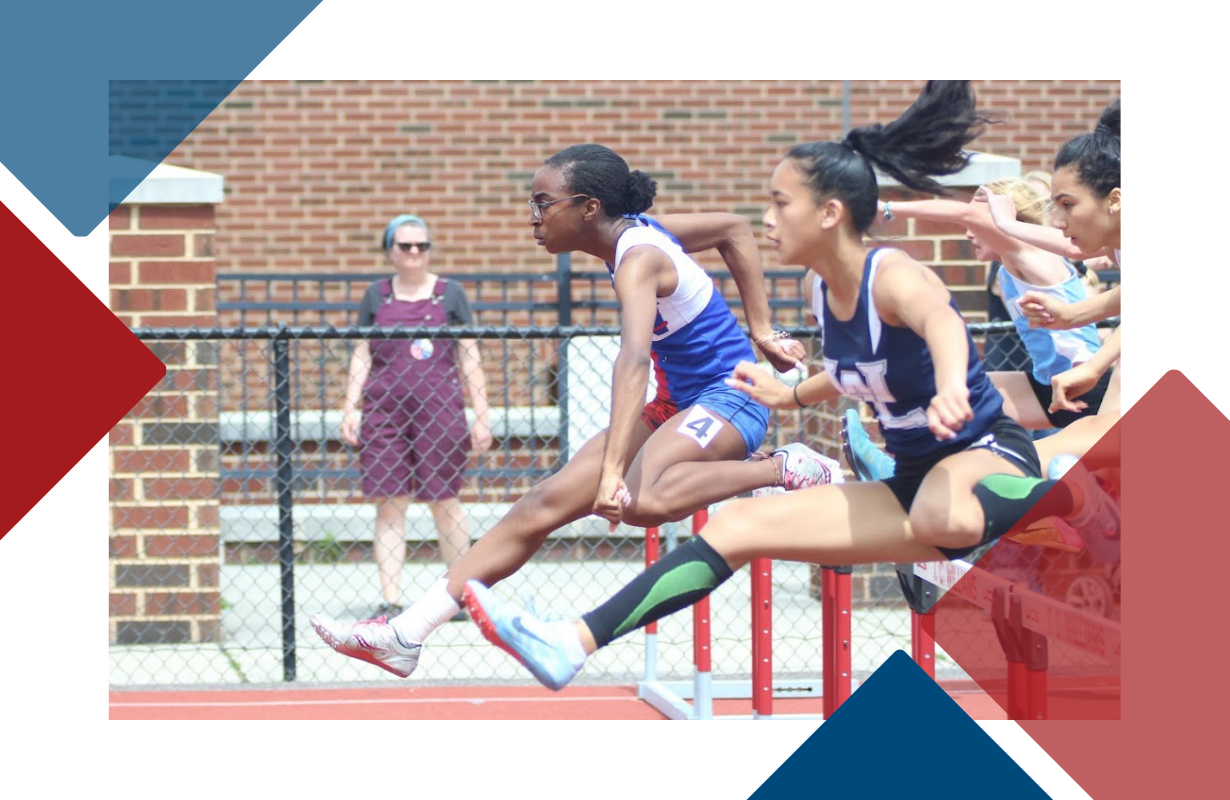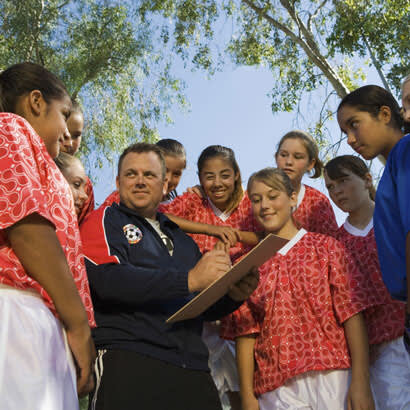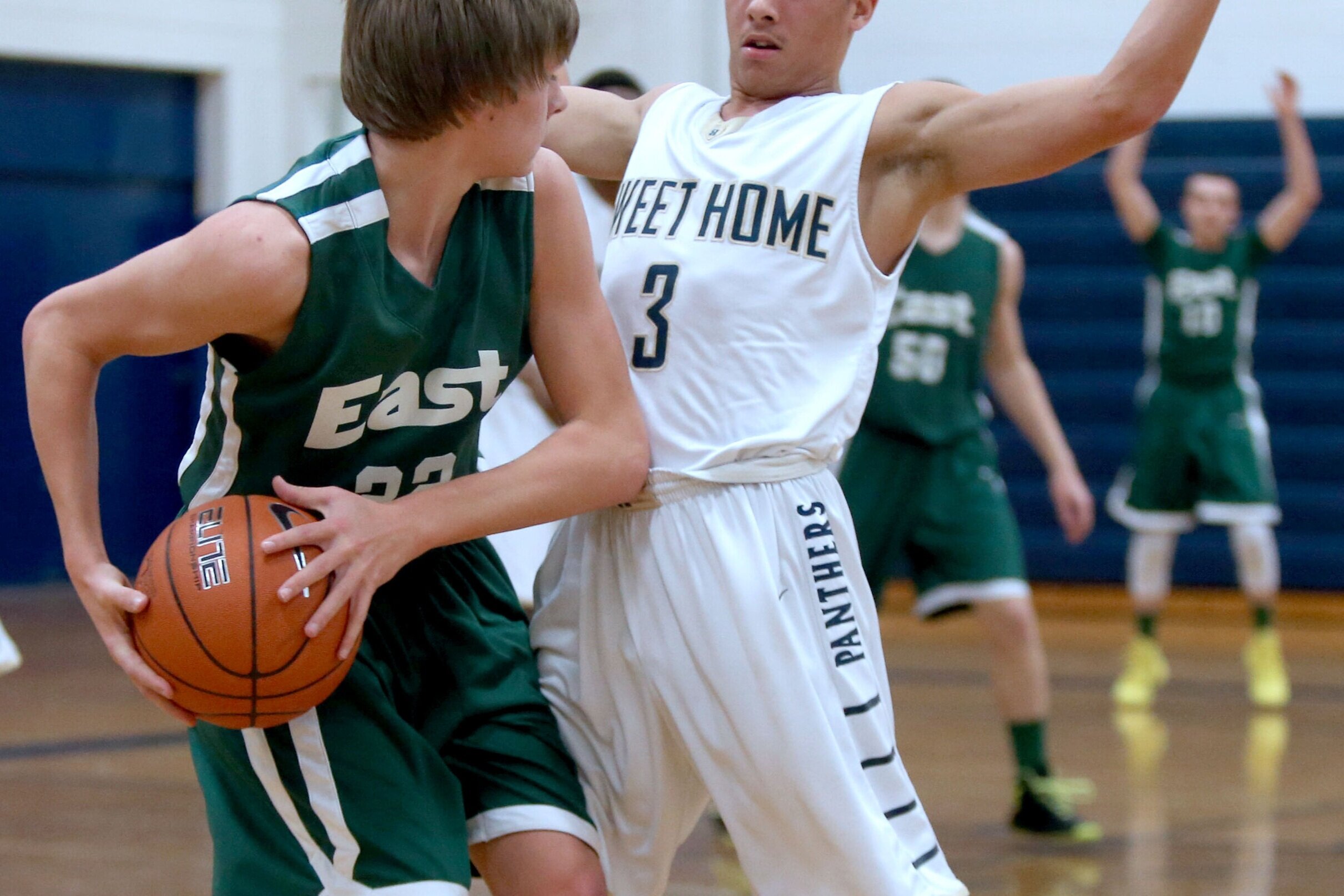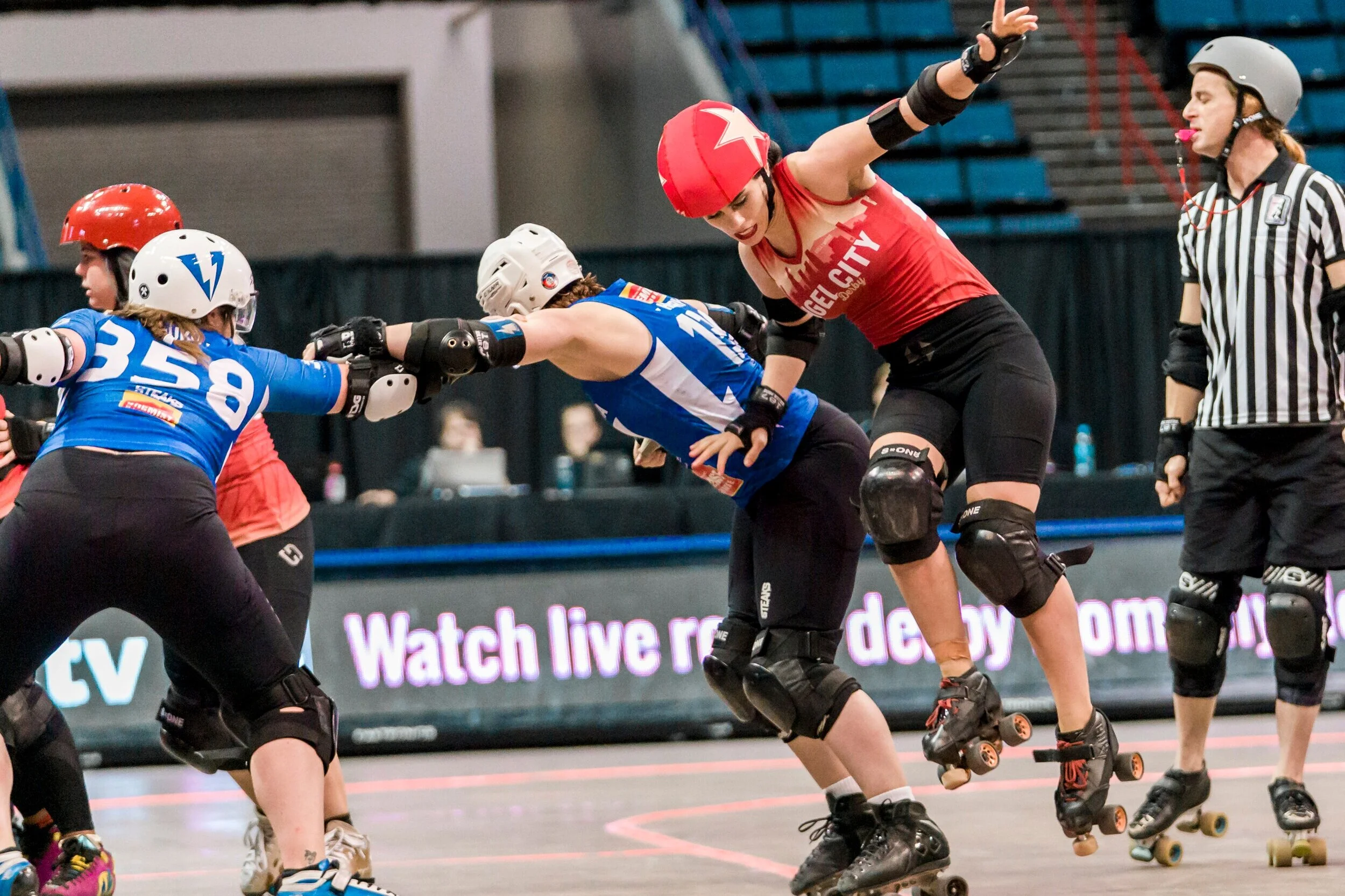Two youth sports organizations and a lobbyist are leading an effort to request that Congress create an $8.5 billion recovery fund to help the industry recoup anticipated financial losses from the coronavirus pandemic related to organized events and other programs.
A proposed letter to Sens. Mitch McConnell and Chuck Schumer has been circulated by the National Council of Youth Sports, travel event organizer Triple Crown Sports and lobbyist Active Policy Solutions to many organizations in the youth sports ecosystem to build a coalition of support. The letter, which organizers say they plan to share with the senators by April 17, appeals for federal money to offset program and tournament cancellations, support the development of youth sports policies to handle the risks of contagious viruses, and invest in targeted grant programs that impact youth sport providers.
“The youth sports sector plays a critical role in our economy and the development of our youth but has faced particularly severe consequences as a result of the coronavirus and resulting national emergency,” the letter reads. “For these reasons, crucial additional steps need to be taken to stabilize the industry and invest in recovery.”
As of April 16, approximately 400 organizations had signed the letter asking Congress for help. Among the organizations are leading providers of travel team sports, as well as USA Football, US Lacrosse, U.S. Soccer Foundation, USA Volleyball, USA Wrestling, Pop Warner, PONY Baseball and Softball, software providers TeamSnap and SportsEngine, and some non-profit providers such as Girls on the Run International, Up2Us Sports, and America SCORES. The Aspen Institute Sports & Society Program is reviewing the proposal and has not taken a position on the letter.
WHY THE CARES ACT ISN’T ENOUGH
In late March, President Trump signed the Cares Act, a $2 trillion stimulus package that includes $349 billion for loans to small businesses and nonprofits with under 500 employees. Wayne Moss, executive director of the National Council of Youth Sports, said that while many youth sport organizations qualify for the CARES Act, others do not and need additional help.
“They’re staffed by volunteers and don’t have a payroll,” Moss said. “As we started looking closer at this whole issue, it got clear that the youth sports space is going to be impacted even greater than other sectors.”
Whether Congress would have any appetite to help is not clear. Active Policy Solutions CEO Terri Lakowski said there have been initial conversations with members of the Congressional Caucus on Youth Sports, which is co-chaired by Rep. Kelly Armstrong (R-North Dakota), Rep. Rodney Davis (R-Illinois), Rep. Ron Kind (D-Wisconsin), and Rep. Marc Veasey (D-Texas).
“I think they recognize the unique role of how youth sports support kids after, and even during, the crisis,” Lakowski said. “I think there’s an appetite for doing something and making sure our industry survives. We’re still early in the process in working out details and legislation.”
Youth sports are an estimated $19 billion industry, according to research by WinterGreen Research. The proposed $8.5 billion ask of Congress came by estimating that youth sports organizations will lose 50% of their revenue from cancelled or postponed events between the heavily scheduled March-May months, said Keri King, CEO of Triple Crown Sports, which operates about 190 baseball, softball and volleyball tournaments annually.
“It’s somewhat anecdotal how I came up with the number. There wasn’t a survey,” King said. “It’s based off my perspective of where things are headed and the high potential to lose June and July. Part of the number is also the (elite athlete training) academies. They’ve had to shutter their doors and they are in a major dilemma, even more so than the event business.”
According to King, Triple Crown Sports has lost 15% of its revenue during the crisis and likely is headed to 50% if the organization doesn’t return until late July. He said that no return in 2020 would cost about 85% of the organization’s revenue.
Triple Crown Sports committed $6,000 to lobbying efforts, King said. He is starting to ask National Governing Bodies (NGBs) of sport to chip in whatever money they can to build a coalition so youth sports will be addressed in the next relief bill. The NGBs qualify for support under the CARES Act, but many are still facing financial challenges, with the funding of grassroots programs uncertain as they move forward.
Lakowski said youth sports is unique because teleworking doesn’t exist for many organizations. The CARES Act payroll protection program won’t fund the operating losses for programs that rely on volunteers, gig employees or independent contract workers, so separate consideration is needed for the youth sports industry, Lakowski said.
The proposed letter to Congress says lost revenue from travel sports “will have a reverberating impact on airline, hotel and transportation sectors while also hitting the economic impact of local tourism … resulting in further job erosion.” Funding from Congress would cover lost expenses from programming and clinics, employee and contractual-related expenses needed to continue operations, and event cancellations that are non-refundable or insurable due to the nature of the national emergency. Pandemics are typically not covered in insurance contracts.
The letter recommends that youth sports organizations could apply for federal funding if they demonstrate that national health guidelines prevent their return. “This designated fund for youth sports providers will extend to all youth sports programs, organizations, and providers, including sports-based youth development organizations, interscholastic programs, youth sports providers such as coaches, trainers and instructors, and youth sport event providers,” an updated version of the letter says.
REVISED LETTER ELEVATES VULNERABLE POPULATIONS
The letter was first circulated during the first week of April, initially drawing the concerns of some charitable non-profits. Janet Carter, CEO of Coaching Corps, told the Aspen Institute on April 10 that priority needs to be given to providers serving low-income and other vulnerable populations, whose families have less access to sport than those underwriting the travel tournament circuit.
“Bills like these need special funds for the struggling Boys and Girls Clubs, the YMCAs, the parks and recs, and it needs to explicitly say that,” said Carter, whose program trains college students to mentor underserved youth. “We know what will happen if there isn’t that language. Those programs that have the capacity to go after the money are always those programs that are serving the higher-income families. The divide that’s already there before this will just get wider (unless priority is given to programs serving the less privileged).”
King acknowledged that the letter mainly focuses on academies, travel sports organizations and entities that produce events. However, he said, this bill would financially support facilities that offer both recreational and travel sports programming.
Moss, whose NCYS members include an array of sport providers, said he views the proposal to Congress as the “complete opposite” of promoting elite and travel sports.
“I think this is really skewed for those folks that need it most,” Moss said. “Those folks in the travel business primarily will get handled through the existing Cares Act.”
The organizations leading the effort are taking feedback from coalition partners to address concerns and refine the letter and request. “This is truly about the coalition of the willing,” Moss said. “We want to ensure we’re gauging the appetite for such an effort and really looking to get authentic reaction from some of our members.”
On April 13, organizers of the congressional efforts added language addressing under-served populations: “Priority consideration in the disbursement of these funds will be given to programs serving under-served communities such as girls, youth with disabilities and at-risk youth.”
Bethany Henderson, president of America SCORES, said she sees “a lot” of elite sports needs in the proposal. Ultimately, she said, her organization signed the letter because it mentioned emotional benefits tied to sports and additional funding for federal government programs that support her not-for-profit, which provides soccer and poetry programming for low-income youth.
CALLS FOR POLITICAL SUPPORT
The effort is just one way that youth sports organizations are reaching out to lawmakers. In a separate effort, America SCORES recently collected more than 60 signatures from organizations in a call to address youth isolation during the crisis. “I want to make sure sports-based youth development organizations like ours don’t get left out in this type of advocacy to Congress,” Henderson said. “I think it needs to be clear to the policymakers that this isn’t just about supporting a type of small business.”
In Seattle, many of the 60 sport and outdoor recreational organizations that comprise the King County Play Equity Coalition have been severely impacted by the shutdown. Julie McCleery, the coalition’s organizer, said these programs say they will need political support and emergency funding to open their doors again. McCleery said she is working to galvanize political support in King County and that national advocacy seems warranted too.
“In King County, youth from immigrant families have really limited access to sports and the school closures are now keeping them from PE, recess, and affordable afterschool programs,” said McCleery, director of research at the University of Washington Center for Leadership in Athletics. “We need to make sure that programs that serve these youth are the first to come back. If we prop up expensive travel programs but fail to target the small non-profits and recreational programs that serve vulnerable youth, we will be going back to a landscape that is likely more bleak than before the virus.”
Safety is also part of the proposed letter to Congress. It calls for a grant fund to support the development of youth sports policies, protocols and equipment that would deal with the “new reality” of playing sports after the pandemic.
The proposal calls for federal funding of the U.S Department of Health and Human Services to create a task force with the U.S. Departments of Education, Housing and Urban Development, and Commerce, and leaders in youth sports. The goal: Create research about best practices to keep youth sports safe when it returns in order to “make people very comfortable returning to amateur sports,” the letter says.
Nearly three of four Americans say they won’t attend sports games without a coronavirus vaccine developed, according to a new Seton Hall University poll. The survey did not specifically address youth sports.
“There’s no doubt parents will be worried to have their kids return,” King said.
Do you have a topic that you would like Project Play to explore in future COVID-19 youth sports coverage? Email Jon Solomon at jon.solomon@aspeninstitute.org.





















